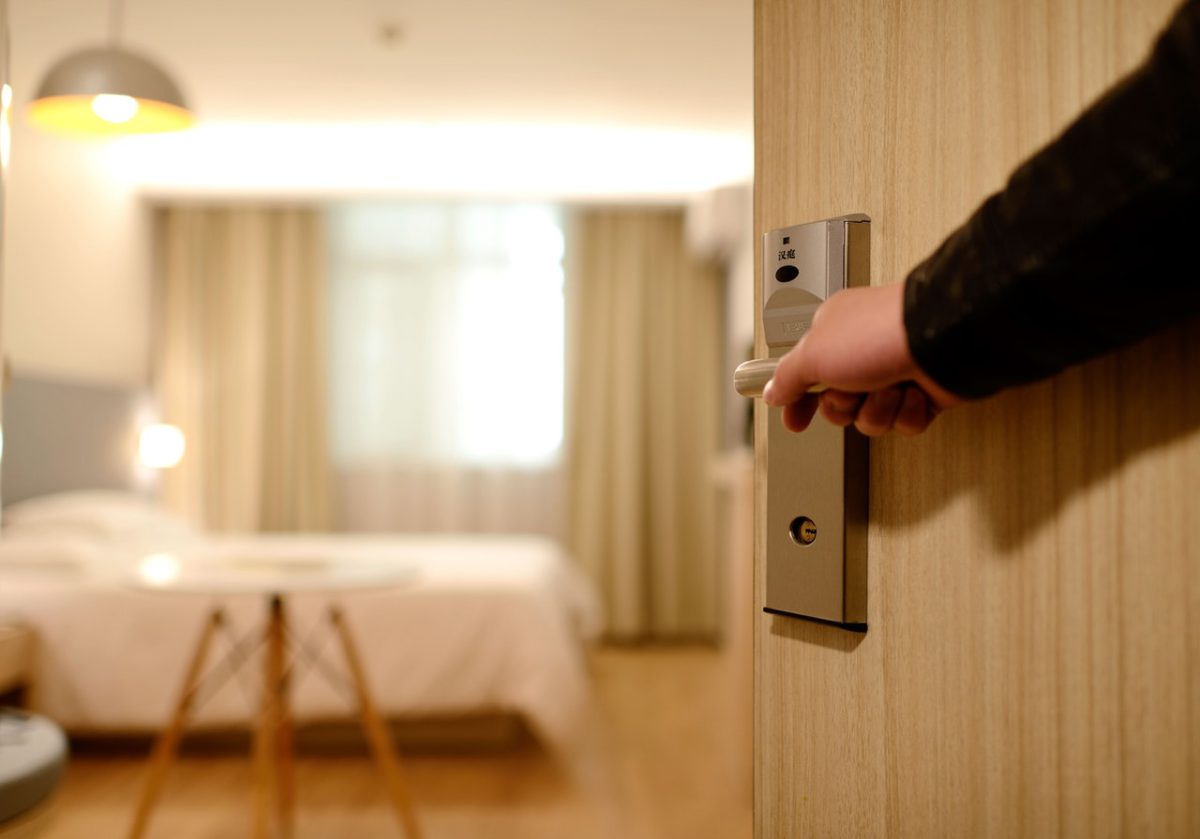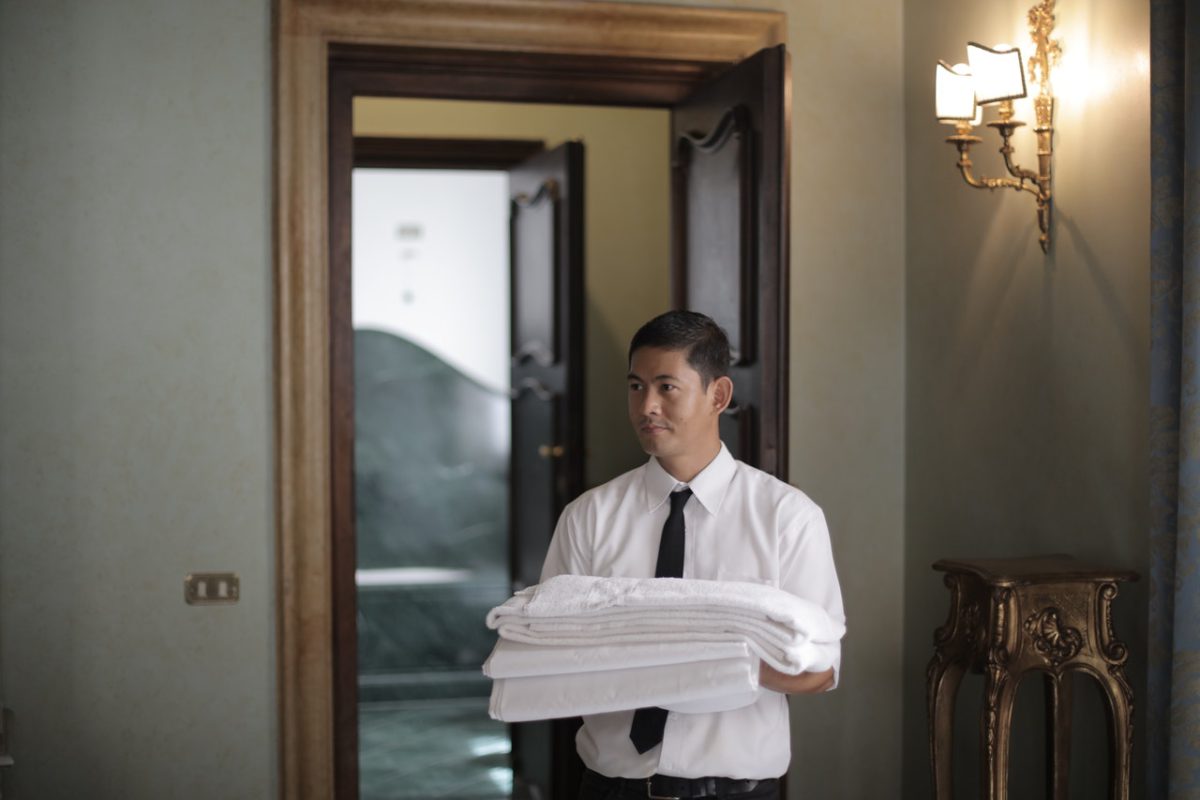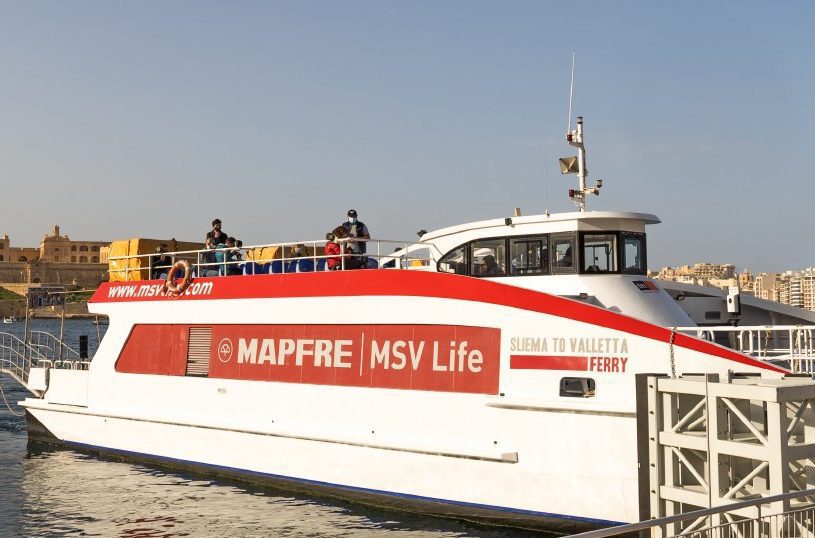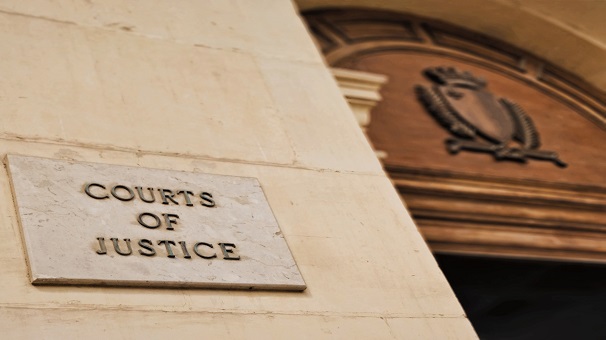Malta’s hotel industry has long been a major contributor to the country’s economy, attracting millions of tourists over the years to its sun-kissed shores.
Nevertheless, the industry has encountered various obstacles in recent years, including the impact of the COVID-19 pandemic, high inflation, and ongoing concerns regarding sustainable tourism practices and managing over-development.
With tourists flocking to the island nation for its warm climate, rich history, and stunning natural beauty, the hotel industry has long been a vital pillar of the country’s economy, with its destiny tied to the tourism industry as a whole.
At its peak in 2019, Malta’s hotel sector attracted 1,874,959 guests who spent a total of 9,190,590 nights in lodgings.
While the COVID-19 pandemic threw spokes in the industry’s wheels with an effective pause on international travel, seriously hampering the number of tourists Malta was able to attract, it also meant that locals were discouraged from leaving the country.
This led to a reasonable demand by the domestic market for families playing it safe and spending a holiday at a local hotel for a few days (staycation anyone?) instead of risking getting sick or stuck overseas.
While there’s an ever growing quantity of hotels, by the end of 2022 Malta had a total of 129 hotels with 36,571 beds available.
According to a carrying capacity exercise commissioned by the Malta Hotels and Restaurants Association (MHRA) and carried out by Deloitte, if all planned hotel developments were seen through, Malta would need to attract 4.7 million tourists a year by 2027, each spending just under seven nights to prevent an oversupply of accommodation.
Since the study was commissioned, even more projects have been announced such as the Six Senses hotel expected to be developed on the island of Comino.
If the trend persists, it’s likely that Malta may need to attract even more than 4.7 million tourists annually in the coming years.
While there is no clear data to demonstrate the size of the industry or how many it employs, it’s undoubtedly a fundamental economic pillar in the country’s economy. Without the hotel industry, a tourism industry could not be sustained.

Malta Tourism Authority and the star rating system
Anyone looking to operate a hotel needs to get licensed by the Malta Tourism Authority, the main public institution regulating the industry.
The specific licence needed to operate a hotel is the tourism accommodation development licence, which is also required for apart-hotels, boutique hotels, tourist villages and other similar establishments.
There is also the whole aspect of how hotels earn their stars.
The manner in which hotels earn their star ratings is regulated by the Tourism Accommodation Establishments Regulations, which presents a list of requirements (mandatory and optional), utilising a points-based system.
| Star rating | Minimum number of points required |
| One | 90 |
| Two | 170 |
| Three | 250 |
| Four | 380 |
| Five | 570 |
The mandatory requirements also vary according to the star rating in question.
For example, if a hotel has shoe polish utensils in a guest room, it gains two points. This requirement is optional for one, two, and three-star hotels but is mandatory for four and five-star hotels.
Another example is regarding beverages. It’s mandatory for hotels to offer beverages in one and two-star hotels (worth one point), while for three-star hotels and up, it is mandatory for beverages to be available in the guest room.
However, some requirements are universally mandatory, such as having a mirror (worth one point).
In total there are 270 different criteria by which hotels may be rated.
Out of the 129 hotels available in Malta at the end of 2022, 17 were five-star hotels, 43 were four-star hotels, and 54 were three stars. The latter were two-star hotels, as Malta does not have any one-star hotels.
In addition, 10 of Malta’s hospitality locations have won the highly coveted Forbes Travel Guide Awards. As of this year (2023), Malta has racked up one five-star rated hotel, four four-star locations and five highly recommended locations.
Malta Hotels and Restaurants Association
The predominant representative of the hotel industry is the Malta Hotels and Restaurants Association (MHRA). It firmly believes that the industry is intrinsically tied to the country’s tourism sector and works closely with its members, Government, and trade unions.
With regard to the ever-growing number of hotels, it has made itself clear on the matter that if all the hotels currently in development are built, then the industry risks losing its profitability. It has regularly highlighted the need for quality over quantity tourism.
When the COVID-19 pandemic hit and sweeping restrictions were implemented, the organisation was a vocal actor in public debate, since the industries the entity represents, catering and hotels, were both affected in very similar ways.

“The hospitality industry went from one day having full revenues and full costs to the following day having zero revenue but all the costs. Clearly there is no business that can sustain itself with zero revenue for more than a few weeks,” MHRA’s president Tony Zahra had remarked on the Government's decision to implement strict measures when the first cases appeared in Malta.
During the pandemic, the Government had introduced a wage supplement scheme which saw it pay part of the salaries for vulnerable economic sectors, up to €800 a month.
“If it had not been for the wage supplement the hospitality industry would have been decimated and the rebound, when it arrived in April last year, would have taken many months if not years to return to some normality,” Mr Zahra had further remarked .
Education and training
The education system offers individuals the opportunity to get a head-start in the industry very early, with secondary school students having the option to take an O level in hospitality.
This was introduced in 2014 when the Government aimed to make vocational subjects more appealing. Students passing the exam would receive a Secondary Education Applied Certificate (SEAC) instead of a Secondary Education Certificate (SEC).
In 2022 alone 113 students sat for the exam, of which, 83 earned a passing grade.
Higher education courses to get a qualification in the industry are quite diverse and also very accessible. There's also no shortage of institutions such as the Malta Institute of Management, Domain Academy, and others, offering certification and diplomas to willing students.
While the Institute of Tourism (ITS), and MCAST also offer undergraduate and postgraduate courses in hospitality the University of Malta has a selection of courses geared towards ambitious individuals with their sights on upper-management positions in the industry, such as an Executive Master of Business Administration in Hospitality and Event Management.
Otherwise, those looking for hands-on experience can find countless opportunities with several local hotels offering internship programmes and recruitment drives ahead of busy seasons.

Future of the industry
With the tourism hitting the ground running in 2023 kicking off with the busiest quarter on record, it looks like the hotel industry will have its hands full for the foreseeable future.
All that’s left is to make sure that the workforce shortage does not bite the industry too harshly, and that an excess supply of hotels which risks making the industry unprofitable is avoided.
Property more affordable today than it was in the ’80s,’ says leading architecture firm
The valuation practice of DHI Periti based its argument on data going back 40 years
Valletta Ferry Services suspends Sliema service due to weather conditions
This comes as a result of strong winds and a swell in the harbour
Government appeals court decision to grant €111m to National Bank shareholders
Government justified its intervention in the National Bank by stating that it averted economic catastrophe






